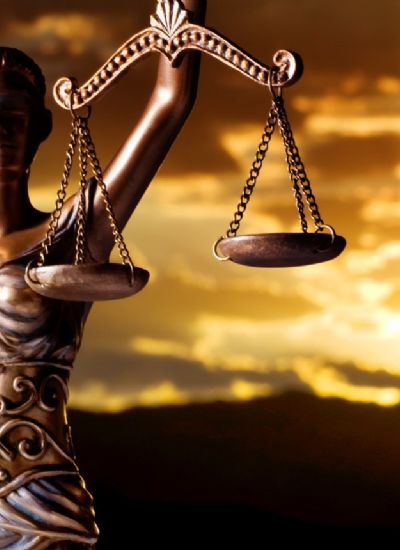Laws on Recording Phone Calls in Minnesota
- Recording laws protect conversations made on telephones.traditional telephones image by Yali Shi from Fotolia.com
In addition to federal laws regarding the recording of phone calls, state laws exist to further protect the privacy rights of individuals. These laws address wiretapping, eavesdropping and the recording of telephone calls. However, several states, such as Minnesota, permit the recording of phone calls if an individual is involved in the conversation. Because Minnesota is a one-party state, the laws permit wiretapping and the taping of phone conversations under certain circumstances. - Because of Minnesota's status as a one-party state, wiretapping--which involves placing electronic recording equipment in a phone or phone lines--is permitted if the individual responsible for the recording is a party to the conversation. In matters of criminal investigations, Minnesota's statutes permits police officers, investigators and attorney generals to conduct wiretaps with the aid of warrants issued by a judge. In some cases, under Minnesota statutes, warrants may be granted on an emergency basis, e.g. to protect against acts of violence. Penalties for illegal wiretapping include maximum fines of $20,000 or up to five years imprisonment as of August, 2010.
- Regardless of the context of the call, individuals may use taping devices such as tape recorders and cell phones to record phone conversations if they are participants in the conversation. State laws do not authorize husbands or wives to tape record the conversations of their spouses if they are not participants in the conversation. Additionally, Minnesota's laws do not regard ownership of telephones or the person responsible for paying telephone bills. Thus, it is illegal for such individuals to record conversations in which they are not a participant. Conversely, businesses may tape record conversations if taping is a necessary and ordinary operational practice. For instance, telemarketing companies may tape record conversations to verify sales orders. A new Minnesota law has established precedent for parents to record conversations on behalf of their children.
- Radio scanners are used by police officers to track wireless communications via two-way exchanges. Therefore, scanners provide police officers with instant communication from places such as restaurants, neighborhoods and parks. Because scanners can be used to monitor cordless phones and cellular phones, it is classified a recording device and is illegal where the one-party rule is not applicable. Scanning via voice modem hardware on computers is also considered illegal if the party responsible for scanning is not a participant in the conversation.




















